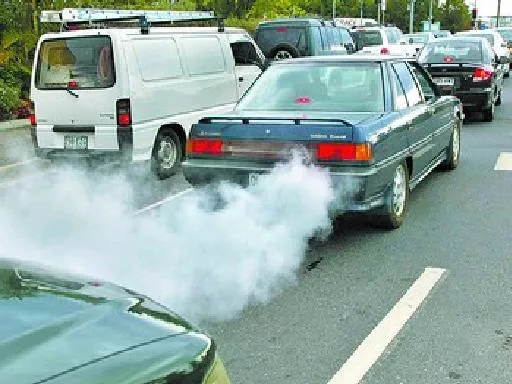UK government emissions data shows that buses outside of London emit an average of 221g/km CO2e (CO2 equivalent) per passenger km compared to a small petrol car (201g/km), a small diesel car (172g/km) and a medium diesel car (215g/km). A car containing two people would obviously halve these figures. London buses, because of their higher average occupancy, fare better at 102g/km.
May 4, 2012
Read time: 1 min
UK government emissions data shows that buses outside of London emit an average of 221g/km CO2e (CO2 equivalent) per passenger km compared to a small petrol car (201g/km), a small diesel car (172g/km) and a medium diesel car (215g/km). A car containing two people would obviously halve these figures. London buses, because of their higher average occupancy, fare better at 102g/km.
"Perhaps those who criticise lone car drivers should turn their attention to empty off-peak buses instead,” says Paul Biggs, environment spokesman at the Association of British Drivers. “Although buses provide an important public service, even London can only manage an average occupancy of around 15 passengers. Modern efficient cars outperform buses not just for CO2 emissions, but for genuine pollutants as well," Biggs adds.
"Perhaps those who criticise lone car drivers should turn their attention to empty off-peak buses instead,” says Paul Biggs, environment spokesman at the Association of British Drivers. “Although buses provide an important public service, even London can only manage an average occupancy of around 15 passengers. Modern efficient cars outperform buses not just for CO2 emissions, but for genuine pollutants as well," Biggs adds.







